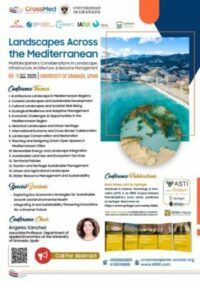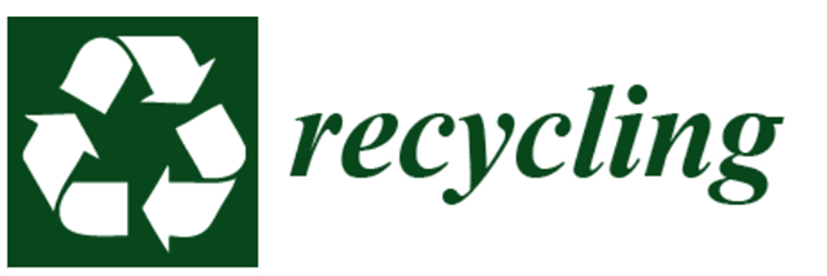Sep
2021
Oct
2021
The long list of technological devices used in our day-to-day life and in modern industrial plants and diverse facilities relies extensively on the use of several metals. When those devices are no longer useful, they should be processed to recycle the involved materials since most of them are scarce, harmful to the environment, and valuable. This overall situation has led European Union to prepare lists of “critical raw materials” every 3 years since 2011. The latest one from 2017 identified 27 “critical raw materials”, 17 of which are metals. Recycling of metals from spent devices should therefore be considered as a top priority. Several recycling plants worldwide are primarily based on pyrometallurgical techniques, but hydrometallurgy arises as a possible alternative; as lower temperatures are involved, it exhibits potential for extraction of any valuable co-metals, it can be adapted to both small- and large-scale operations, and liquid effluents are usually easier to handle than the volatile combustion emissions from the pyro-based recycling sites. This Special Issue welcomes review, original research, and case studies articles, focusing on innovative and challenging hydrometallurgical techniques particularly developed to recycle end-of life devices containing critical metals, e.g., spent industrial catalysts and catalytic converters (SCC), waste electrical and electronic equipment (WEEE), spent batteries of different kinds, end-of-life fluorescent lamps, NdFeB magnets and similar devices, waste liquid crystal displays (LCD).
Keywords: Recycling of spent devices; SCC, WEEE, LCD; Hydrometallurgy; Leaching/digestion; Bioleaching; Separation and purification methods; Solvent extraction; Ion exchange; Ionic liquids; Critical metals.
Hydrometallurgical Recycling of Critical Metals from End-of-Life Devices
The long list of technological devices used in our day-to-day life and in modern industrial plants and diverse facilities relies extensively on the use of several metals. When those devices are no longer useful, they should be processed to recycle the involved materials since most of them are scarce, harmful to the environment, and valuable. This overall situation has led European Union to prepare lists of “critical raw materials” every 3 years since 2011. The latest one from 2017 identified 27 “critical raw materials”, 17 of which are metals. Recycling of metals from spent devices should therefore be considered as a top priority. Several recycling plants worldwide are primarily based on pyrometallurgical techniques, but hydrometallurgy arises as a possible alternative; as lower temperatures are involved, it exhibits potential for extraction of any valuable co-metals, it can be adapted to both small- and large-scale operations, and liquid effluents are usually easier to handle than the volatile combustion emissions from the pyro-based recycling sites. This Special Issue welcomes review, original research, and case studies articles, focusing on innovative and challenging hydrometallurgical techniques particularly developed to recycle end-of life devices containing critical metals, e.g., spent industrial catalysts and catalytic converters (SCC), waste electrical and electronic equipment (WEEE), spent batteries of different kinds, end-of-life fluorescent lamps, NdFeB magnets and similar devices, waste liquid crystal displays (LCD).
Keywords: Recycling of spent devices; SCC, WEEE, LCD; Hydrometallurgy; Leaching/digestion; Bioleaching; Separation and purification methods; Solvent extraction; Ion exchange; Ionic liquids; Critical metals.
DOAJ, FSTA-Food Science and Technology Abstracts (IFIS), Inspec (IET), Norwegian Register for Scientific Journals, Series and Publishers (NSD), Scopus (Elsevier), CLOCKSS (Digital Archive), e-Helvetica (Swiss National Library Digital Archive), Academic OneFile (Gale/Cengage Learning), EBSCOhost (EBSCO Publishing), Google Scholar, J-Gate (Informatics India), Science In Context (Gale/Cengage Learning), WorldCat (OCLC).
Info at: www.mdpi.com/journal/recycling/apc
Guest Editor
Dr. Ana Paula Paiva










